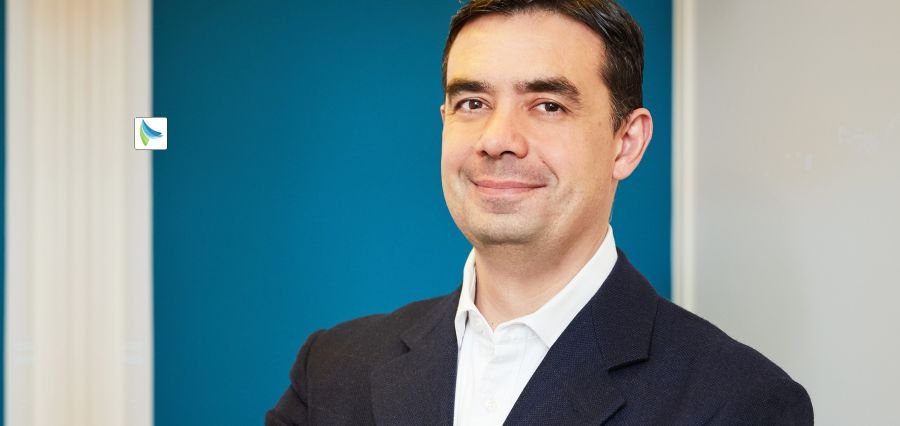Beyond Speculation
Cryptocurrency has emerged as perhaps the most radical 21st-century financial innovation. Conceived as a decentralized digital money to replace fiat, it has evolved into a dynamic and intricate web capable of reshaping industries. But beneath the market mania headlines and regulatory vitriol lies a greater potential that confronts directly the billions of the excluded from formal finance.
Cryptocurrency ethical innovation is now coming forward as a strong intervention to fill the financial divide and build systems that are not just technologically innovative, but transparent, inclusive, and sustainable.
The Global Reality of Financial Exclusion
Over 1.4 billion adults across the globe remain unbanked, with access to even the simplest of financial services. For others, banking systems are out of reach because they live in remote areas, pay excessively in fees, do not have the right papers, or get discriminated against. Without credit, savings, and payment facilities, millions are excluded from bettering their standard of living.
Crypto, in theory, offers a lifeline. Its decentralization eliminates middlemen, so that anyone who has a smartphone and access to the internet can participate. But without ethical safeguards, this promise can too readily turn into a mirage being abused rather than empowered.
What Does Ethical Innovation in Crypto Really Mean?
Essentially, moral innovation in cryptocurrency is about creating and implementing blockchain technologies with immense social responsibility. It is all about moving beyond profit maximization to designing for long-term impact on society, economy, and the environment.
It is a design that is focused on inclusivity, openness, and sustainability. It inquires whether the platforms that are built are easy enough for the mass user to access, whether charges are reasonable, whether data is safe, and whether the environmental consequences are reducing. Ethical innovators inquire: Who does this technology benefit, and who is left behind?
A Decentralized System That Works for Everyone
One of the most attractive aspects of cryptocurrency is that it has the ability to circumvent traditional gatekeepers. Through decentralization, transactions are made cheaper and faster, particularly for cross-border transactions, whether facilitating a simple money transfer or a complex exchange like EUR to ADA. When there are no banking systems or none that can be trusted within any region, then crypto serves as a stable one.
But merely providing a product is not enough. The user experience needs to be inclusive as well. Already, several platforms such as Celo and BitPesa have taken the extra step of making it easy for people from underdeveloped regions to send and receive money. Such companies not only laid emphasis on how easily their technologies were going to be used, but also made them accessible and useful for those who need them the most.
Education and Accessibility: The Missing Links
One of the largest hurdles to financial inclusion is not access it’s awareness. Crypto and blockchain are relatively new to most of the world, and their technological complexity can be off-putting. Education is why it’s so important in responsible crypto innovation.
Creating apps that can communicate in native languages, via symbols and voice instructions, and providing onboarding programs to guide individuals through the operation of digital wallets are all steps towards the solution. Efforts that invest in educating communities aren’t merely expanding their user base they’re empowering individuals with financial independence for a lifetime.
Closing the Gender Gap
Women worldwide are more economically marginalized than men. They are less likely to have a bank account, access a loan, or get credit. Crypto can be an exit strategy—but only if women are included in the design and implementation of such systems.
Ethical innovators are starting to realize this. By applying blockchain solutions across segments of users women, rural communities, and marginalized groups—they are in the process, incidentally, solving deep-seated inequalities. Women-led crypto startups and decentralized platforms that bring money to female entrepreneurs are already yielding early dividends.
Greener, Smarter, More Responsible
Crypto has also been frowned upon because of its ecological footprint, particularly the energy used to mine. Moral crypto innovation is reversing this now by trending toward less energy-hungry techniques such as Proof of Stake and crafting new tech with significantly less environmental footprint.
Projects such as Algorand, Cardano, and Chia are leading the charge for this green crypto revolution, showing that innovation and green can go hand in hand. If financial inclusion is to be made sustainable, it must also save the planet.
Working with, Not Against, Regulators
Trust lies at the heart of any financial system. Users must feel protected and safe. Adult innovators are now working with regulators to design policies that protect users without holding back innovation.
Instead of fighting regulation, they’re embracing it—designing platforms that meet international standards on privacy, anti-money laundering, and consumer protection. Cooperation can bring crypto mainstream without compromising its decentralized ethos.
Crypto for Humanitarian Relief and Crisis Management
Probably the most promising use for ethical crypto innovation is in humanitarian assistance. In conflict or disaster areas where the conventional infrastructure collapses, crypto provides a lifeline. Blockchain provides openness and responsibility, cutting corruption and inefficiency.
It has already been tested by organizations such as the World Food Programme and UNICEF with blockchain-based aid disbursements, transferring goods directly to recipients without handlers or delay. This is tangible impact—demonstrating that crypto can be good and a lifesaver.
The Future Is Inclusive
We are at the juncture of the future of finance. The decisions we make today will decide opportunity and access for the next few centuries. Crypto-responsible innovation is not a nicety—it’s a necessity if we want to build a world in which economic opportunity is a right, not a privilege.
With developers, regulators, entrepreneurs, and users present, we’re hearing more and more that the secret to success in this space isn’t what we create, but how we create it. People-first development is when innovation does not leave the vulnerable behind but takes them along.
Overall, if it is guided by ethics and inclusion, crypto can be one of the most powerful movements for sustainable financial inclusion. It’s not about knocking down the old to bring in the new—it’s about creating a better one for everyone.
Read Also: Risk Management Through Crypto Consulting












